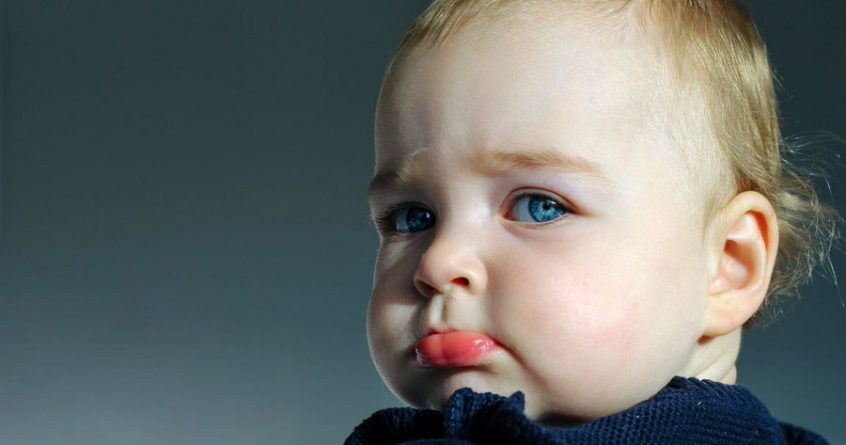Britain’s birth rates are plunging – the number of babies being born has been declining since 2017.
In fact, the birth rate has been declining year on year since 2013 and is often linked to the 2008 global financial crisis and the Government’s austerity measures that followed.
They led to rising rents, a decline in social housing, adults moving to live back at home with their parents, precarious employment and diminishing state support.
Many of these inequalities have become commonplace, seriously affecting young people growing up over the past 10 years.
Sarah Marie Hall, reader in human geography at Manchester University, looked at how austerity had affected people’s decisions to start a family.
She chose to interview 12 people living in the North East of England – a region that has some of the lowest birth rates in the UK – and a place that has been damaged by austerity.
Her work revealed the questions and insecurities people are trying to cope with at the present time.
Hall discovered that the extensive and deep effects of austerity were often sufficient to curb people’s plans to have children.
Their feelings had been changed about what their future might hold, and caused greater insecurity about their fitness to raise a family and concern about the pressures involved.
Most people want to have children but more than that they want to be able to give their children a good life without having to scrimp and save.
And like any would-be parents, they need to feel ready to have a child with material assets in place.
That means being able to afford decent housing, childcare, and having a steady income before feeling able to start a family.
There’s no doubt austerity measures and government cuts in spending have made people’s futures less certain.
And for some people, because of ongoing financial concerns and worries, they’ve taken away the possibility of having children – or additional ones.
Governments have been slow to recognise that austerity policies not only affect people’s decision making directly, but that they ultimately shape people’s entire lives – with those on the lowest incomes typically hit the hardest.
With the added uncertainties inflicted by the ongoing pandemic, along with the fact poor young people have been the hardest hit by the effects of Covid-19, Hall believes this may well be a trend that continues for some time to come.

